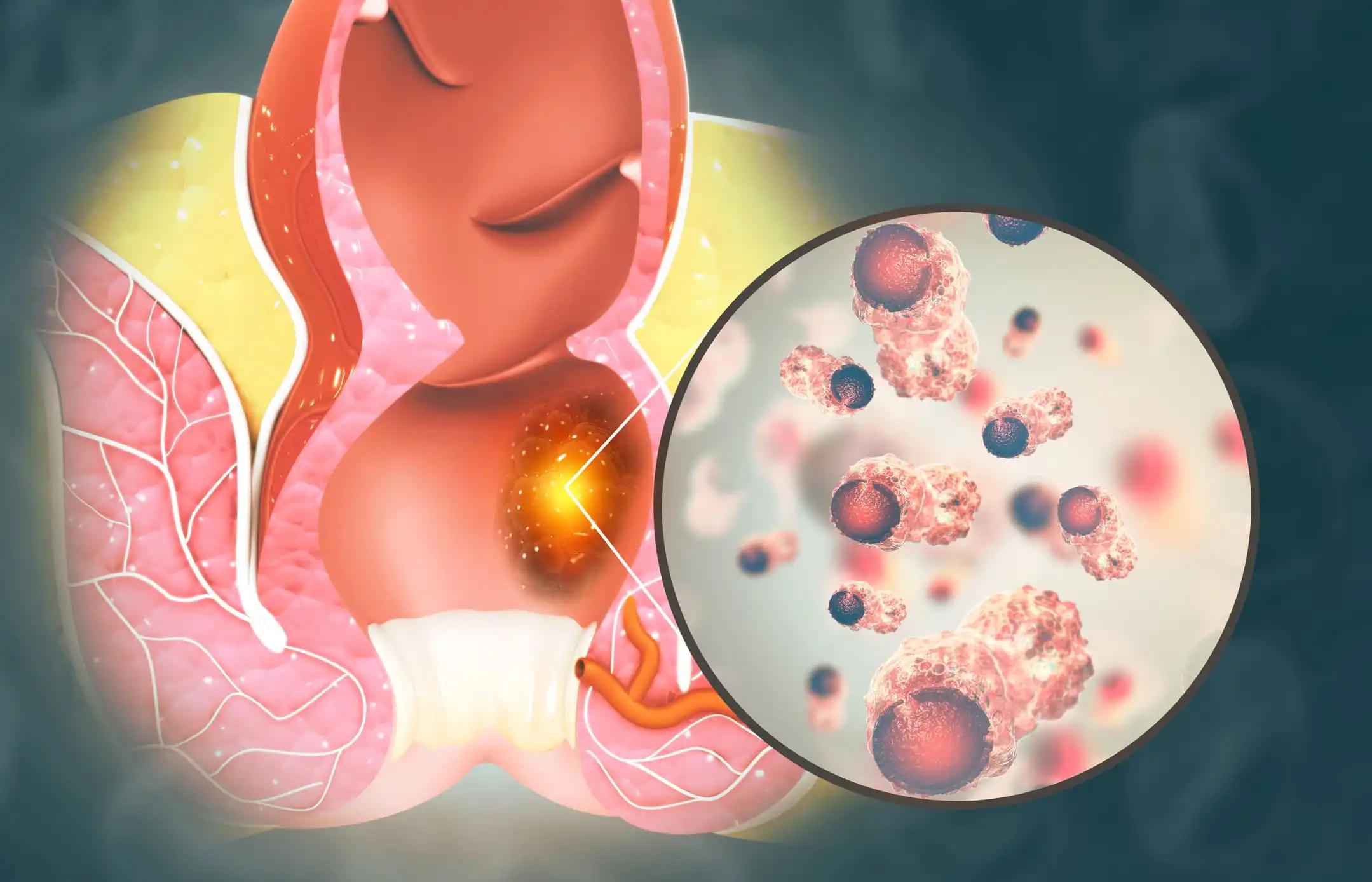KEY TAKEAWAYS
- This study aimed to link molecular alterations with clinical outcomes and identify new prognostic indicators in early-stage cervical cancer.
- The study analyzed genomic and transcriptomic data to assess tumor mutations and gene expression.
- It used biostatistics to correlate these molecular factors with traditional clinical and histopathological features, first through univariate analysis and then via multiparametric logistic regression.
Despite successful surgeries and favorable clinical and histological traits, some patients (pts) experience a relapse following early-stage cervical cancer treatment. While The Cancer Genome Atlas Research Network (TCGA) has outlined the genetic and molecular features of malignant cervical tumors, it primarily offers sequencing data with limited clinical and histological context. Existing literature offers little insight into the link between genetic mutations and outcomes in early-stage cervical cancer.
This translational study adopted a pan-genomic approach to explore recurring genetic changes in early cervical cancer pts. It aimed to link molecular findings with clinical outcomes and identify new prognostic markers for early-stage cervical cancer.
The study incorporated the first 150 pts from the Senticol III trial, a large-scale, multi-center, international, prospective, and randomized study aimed at validating the use of sentinel node biopsy for nodal staging in early-stage cervical cancers (stage Ia-IIa1).
Researchers classified cervical tumor samples based on established histological criteria (SEDLIS), evaluated immune microenvironment characteristics such as TIL infiltration and PDL1 CPS scores, and performed HPV typing via PCR. DNA and RNA were extracted from FFPE tumor specimens for analysis. A specialized gene panel was used to examine 571 genes frequently altered in cancer and conducted high-throughput RNA sequencing for gene expression profiling.
The genomic and transcriptomic evaluations focused on determining the tumor mutational load, identifying the most commonly mutated genes, and assessing their expression levels. Biostatistical methods will be used to find associations between these molecular changes, traditional clinical indicators, and histopathological characteristics, all in relation to patient outcomes. Initial analysis will examine each parameter separately (univariate analysis), followed by a more complex, multiparametric evaluation using logistic regression.
Source: https://www.emma.events/site/programme/?sessiondetail=4528240&trackid=0&a=esgo2023#!
Clinical Trial: https://classic.clinicaltrials.gov/ct2/show/NCT03386734
Gani, M.E., Ibadioune, S., Beaino, Z.E., Vacher, S., Degnieau, A., Jeannot, E., Masliah-Planchon, J., Vincent-Salomon, A., Ferron, G., Golfier, F., Lambaudie, E., Narducci, F., Loaec, C., Uzan, J., Marchal, F., Plante, M., Mathevet, P., Kamal, M., Lecuru, F., Bièche, I. Molecular Alterations Predictive Of Outcome In Early Staged Cervical Cancer : A Translational Investigation From The SENTICOL III Trial.



